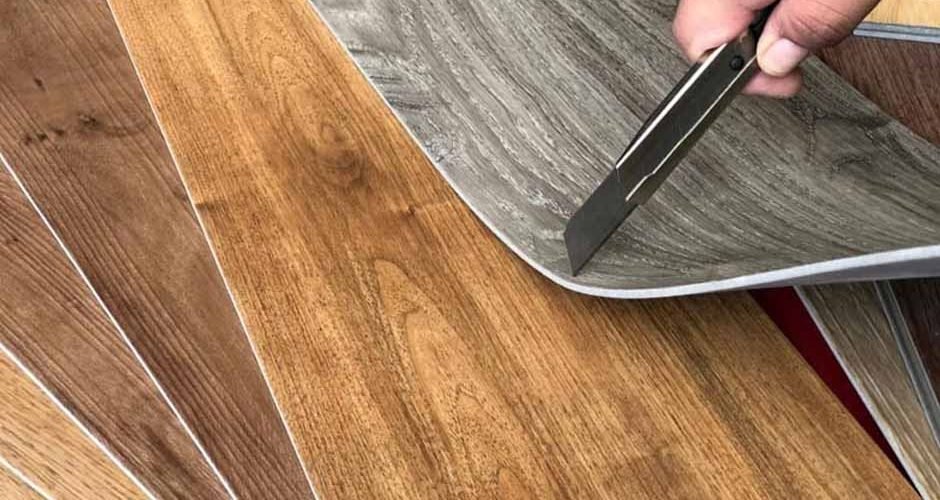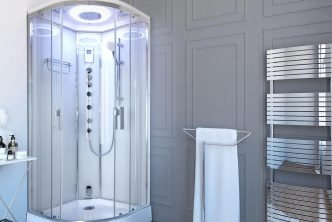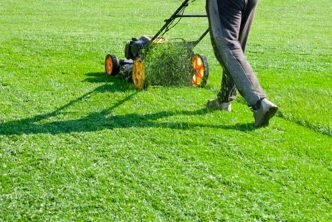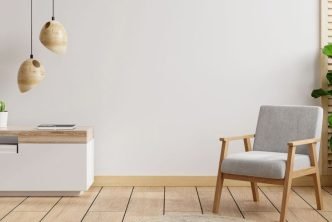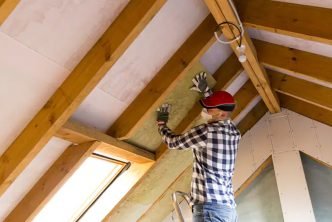What Is Resilient Flooring?
Looking to update your home’s floors but don’t want to break the bank or deal with a lot of upkeep? You’re not alone. Many homeowners are searching for flooring that can stand up to busy family life without requiring special treatments or costing a fortune. The good news is that there are affordable, resilient flooring options that offer durability along with easy maintenance. In this article, we’ll explore budget-friendly flooring materials that can handle heavy traffic and still look great for years to come. From vinyl plank to polished concrete, we’ll cover the pros and cons of low-maintenance floors perfect for active households. You’ll learn which options are the most scratch and stain-resistant, as well as get tips on installation and care to maximize the lifespan of your new floors.
Top 5 Resilient Flooring Options for Busy Homes
Resilient flooring is a durable, affordable flooring option perfect for high-traffic, kid- and pet-friendly homes. Made from materials like vinyl, linoleum, and rubber, resilient floors are flexible, comfortable underfoot, and water-resistant.
Vinyl
Vinyl, or polyvinyl chloride (PVC), is a popular resilient flooring. It comes in sheets or planks and mimics the look of wood, stone, or tile at a lower cost. Vinyl planks with a click-lock system are easy for DIYers to install as a floating floor. Vinyl stands up well to moisture but can dent or scratch over time.
Linoleum
Linoleum is made from linseed oil, pine rosin, wood flour, and mineral fillers. Despite its durable and water-resistant nature, linoleum has a softer, warmer feel underfoot than vinyl. Linoleum comes in sheets and planks with styles resembling wood, tile, and stone. It’s naturally antibacterial and biodegradable but prone to fading in direct sunlight. .3
Rubber
Rubber flooring, like cork or foam-backed sheet rubber, provides sound dampening and comfort. Rubber planks or tiles work well in basements, playrooms, and laundry rooms. Although durable, rubber can be difficult to clean and may have an odor. Rubber flooring typically costs more than vinyl or linoleum.
With choices for every budget and style, resilient flooring is a practical and stylish solution for busy homes. Low-maintenance, comfortable, and budget-friendly—what more could you want in a floor?
Maintaining and Caring for Your Resilient Floors
If you have an active household with kids and pets running around, resilient flooring is a great choice. These flooring types are durable, low-maintenance, and can stand up to high traffic.
Vinyl Plank flooring
Vinyl plank flooring, like Luxury Vinyl Plank (LVP), mimics the look of wood or stone but is waterproof and scratch-resistant. It’s an affordable option that comes in a variety of styles. LVP can last 15-30 years and is easy to clean with a mop or vacuum.
Linoleum
Linoleum is a natural flooring made from linseed oil, cork, wood flour, and pigments. Available in sheets or tiles, linoleum is durable, low-maintenance, and naturally antibacterial. It lasts up to 30 years and comes in stylish wood and stone looks. Linoleum does require periodic sealing to prevent stains.
Porcelain Tile
Porcelain tile is a type of ceramic tile that is nearly indestructible. It’s resistant to scratches, stains, mold and mildew and can last a lifetime with proper care. Porcelain tile comes in a range of styles from wood look to natural stone. While durable, the tile can be hard underfoot so rugs may be needed in living areas.
Rubber Flooring
Rubber flooring, like rubber playground tiles, is slip-resistant, waterproof, and shock-absorbent. It muffles noise and provides comfort underfoot. Rubber flooring typically comes in black, brown and gray and has a slightly textured surface. It lasts 10-30 years, depending on thickness. Rubber flooring requires occasional mopping to prevent dirt buildup.
Concrete
Stained or polished concrete floors offer an industrial look and extreme durability. Concrete can last 50 years or more. While naturally slip-resistant, concrete floors require sealing to prevent stains. They are also hard underfoot, so area rugs are recommended for comfort. Concrete is a budget-friendly floor that complements many home styles.

